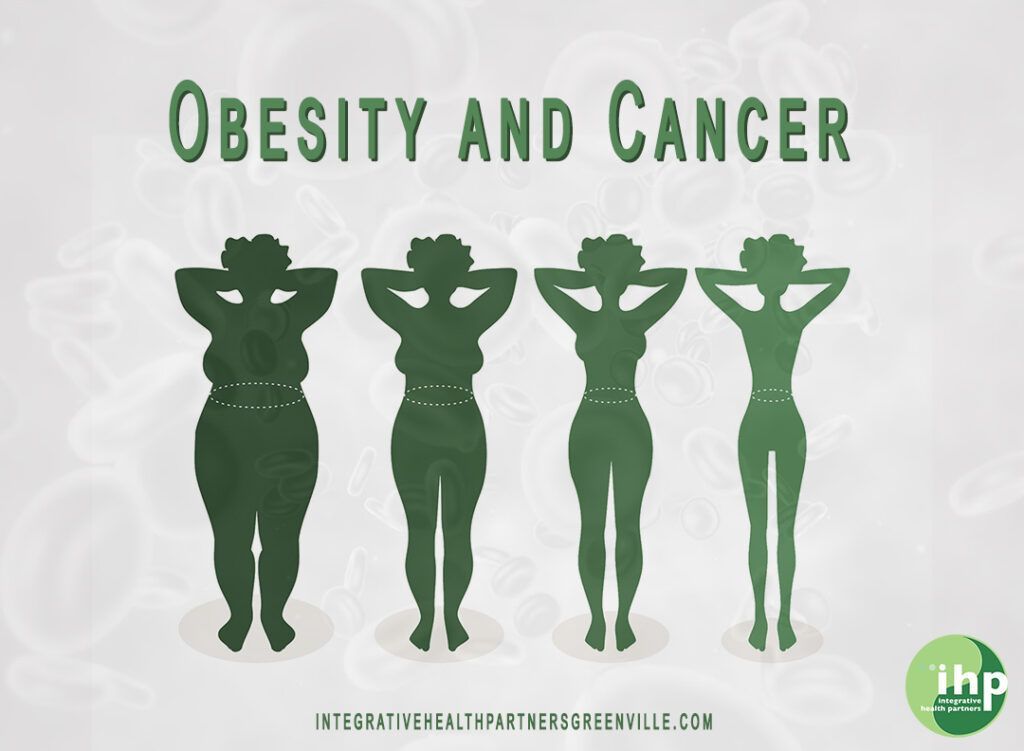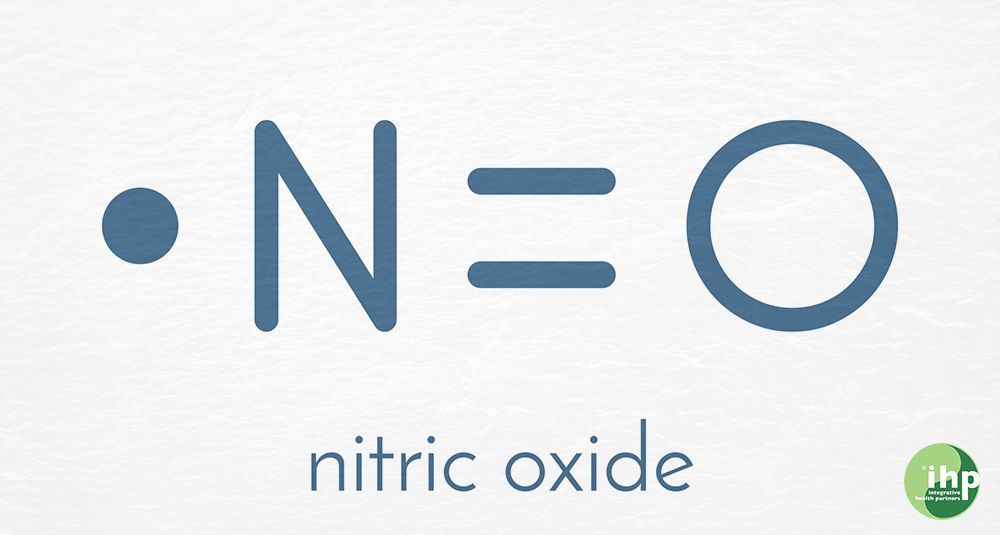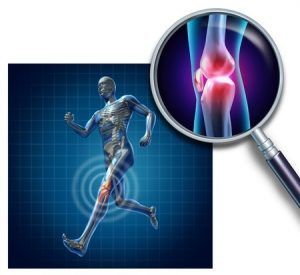Leaky Gut Made Simple

Many of you have heard the term “leaky gut” by now, though it still may be a new concept for some. In the “alt medicine” space some of you may have already received a diagnosis of leaky gut from a massage therapist or chiropractor or have self-diagnosed with some help from Dr Google. But how do you know for sure that this is the suspected cause of the (your symptom here) you are experiencing?
The term “leaky gut” is something of a misnomer as it’s not entirely true, which is probably why it’s a term that sends most Gastroenterologists into fits. Leaky gut is a “friendly” term that can be discussed by lay people to help put a generalized label on problems that are perceived to come from an unhealthy GI tract. And though we all seem to get at least some comfort out of having a label for our malady, it’s probably this oversimplification that makes GI docs turn up their nose. But like many things, the truth likely lies somewhere in the middle. The simple truth is that we ALL have a leaky gut. We are designed with a permeable gut barrier that allows nutrients from your digestive tract to make their way into your blood and eventually get to your cells for re-nourishment. Maybe it would be more correct to say we all have a selectively leaky gut. Though the term is a little oversimplified, the real mechanism of transmission across the gut barrier being a bit more complex, “leaky gut” at least helps us grasp the idea that something is getting across your gut barrier that shouldn’t.
Our GI tract is lined with a single layer of cells that serves as a barrier regulating what gets across and what doesn’t (think border guard). On the one hand you want properly digested food particles to get across and into the blood stream for nourishment. However, you don’t want pathogens or undigested food proteins “leaking” across because that causes the immune system to leap into action creating an inflammatory response. This barrier layer is only one cell thick (about half the diameter of a human hair) so It doesn’t take much to damage it. In practical day to day living there’s always something getting across that shouldn’t be. This is a situation your immune system is able to handle without issue. But problems occur when a small leak becomes a big leak. And though there are many things that can compromise the barrier, gluten being the most well-known, one of the things that can cause a small breach to get bigger is a chronic inflammatory “war” in your intestinal lining.
You’ve likely heard mention of the gut microbiome over the last few years. Much of what the public has read about this collection of microbes (trillions of them!) is published by manufacturers of “pro biotics”. These two Latin words just mean “for life” and the products these well-meaning folks sell are presumed to be the “good” bacteria that you need populating your gut. Again, a little simplistic (marketing can’t be too complex) but in essence their message is true. You certainly don’t want your GI tract populated by “bad” bacteria. But maybe it’s more accurate to say you don’t want to be over populated by bad bacteria. Because the fact is that while we are supposed to have lots of health supporting bacteria in our gut we also have not-so-beneficial microbes living down there as well. Modern science tells us these are not necessarily “bad” but are only non-problematic in small numbers. (Did you know Candida yeasts actually help scavenge heavy metals for excretion?) However, when the not-so-beneficial bugs start becoming a larger percentage of the population you can suffer from a condition known as “dysbiosis”.
Where problems start to happen is when the gut barrier is damaged and its function of keeping microbes out is compromised; even so-called “pro” biotics are not so “pro” if they leak across the GI barrier. Any sort of microbial invader will cause your immune system to kick in to eliminate the perceived “invader”. Remember, your immune system is designed to assess everything in your blood to determine if it is part of “you” or not. If either good or bad bugs (including bacteria, fungi, and viruses) get across the barrier your immune system goes to war, promoting inflammation in your GI tract, which in turn creates damage to your barrier, allowing even more things to get across than should be. This situation can quickly get out of control and if it becomes chronic…well, you have a problem. In the now more “leaky” gut even something as harmless as an undigested corn protein can exacerbate the problem. This situation can cause your immune system to be constantly “on”, in which case the immune system starts to lose control and you end up in a “fighting in the streets” type scenario. This is now thought to be the origin of a lot of the so-called auto-immune conditions that are on the rise. (Side bar: It is generally held that in auto-immune conditions your immune system went crazy for no apparent reason. They’re right, it’s not apparent…because they’re looking in the wrong place!)
And here’s where things can really go South in a hurry. In addition, the bad bugs you are harboring all create toxic byproducts called lipopolysaccharides (LPS). When the barrier is doing its job these toxins are contained within the bowel and eliminated with the rest of the toxins in your poop. However, if the barrier function is compromised, LPS can make their way through the “leaky” intestinal wall and into the blood stream. This creates a condition known as Endo-toxemia that can cause lots of head-scratching symptoms that current conventional medicine does not typically associate with the GI system. Depending on pre-existing conditions and your unique genetics endotoxemia can not only promote known auto-immune conditions but also trigger depression, increase heart attack risk, contribute to dementia (Alzheimer’s), wide spread skin rashes including Eczema/Psoriasis, and even cause old injuries to flare up. In fact, if you have endotoxemia you become more prone to injury, making exercising your way out of feeling bad more difficult. Over time, years of chronic exposure to endotoxins can cause you to become more medically fragile as you move toward old age (P.S., It’s gonna happen) One of the thing that is noted about people who make it to 100 years is that they have lower levels of endotoxins in their bloodstream than the rest of the population. In short, if you have chronic GI issues like bloating, gas, cramping, dysregulated BM, etc. you may be unknowingly suffering from “leaky gut” and endotoxemia. But even if you don’t have a noticeable GI issue yet have been diagnosed with or are suspected of an autoimmune condition, there’s a good chance your body is struggling with endotoxemia. Even age-related cognitive decline and cardiovascular disease are now starting to be considered as a type of autoimmune condition.
You may ask why is this just now coming to light? And why are you just now hearing about it? It may just be that we now have better diagnostic tools to discover the linkages between the gut and how we become chronically sick age, and lose our health. Only in relatively recent years have we even discovered the immensity, function, and importance of the gut microbiome (who knew!). And maybe out of necessity we have been driven to better understand the many novel, unexplainable and mysterious conditions of our time, including rapidly growing epidemics of cancer, neurodegenerative issues, autoimmune conditions and other chronic inflammatory diseases. Why are all these conditions on the rise at this time? Perhaps the blame can be placed on our modern environment replete with, not only industrial toxins, but over processed foods, full of additives that disrupt our gut barrier. (Did you know that glyphosate, the primary ingredient in Round Up and other herbicides used in farming is estimated to have up to 10 times the adverse effect on the gut barrier than gluten?)
The good news is that we now also have the ability to economically assess the microbial content and overall function of your gut and the impacts it is having on your overall health. In our modern age an astonishing number of people are dealing with chronic issues related to these adverse conditions. Ready to do some exploration? Call us today for more information.






